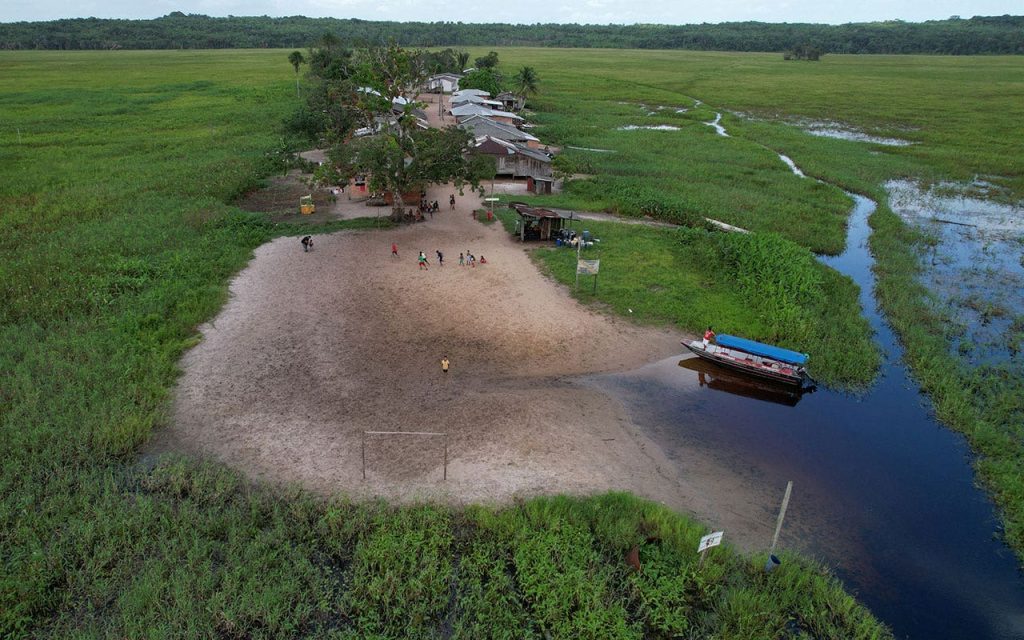State-run energy firm Petrobras is facing resistance from Indigenous groups and government agencies in Brazil as it seeks to open the most promising part of the northern coast to oil drilling. The environmental agency, Ibama, denied Petrobras a license for exploratory drilling in the Foz do Amazonas area, citing potential impacts on Indigenous groups and the sensitive coastal biome. President Luiz Inacio Lula da Silva and Energy Minister Alexandre Silveira have expressed support for research in the region, emphasizing national interests. Petrobras CEO, Jean Paul Prates, has expressed optimism about the project’s chances and expects to start drilling in the Foz do Amazonas basin in the near future.
Opposition to Petrobras’ exploration project is mounting, with Indigenous groups asking for a formal consultation before any drilling proceeds. The Council of Chieftains of the Indigenous People of Oiapoque (CCPIO) has requested federal prosecutors to be involved in denouncing a violation of their rights. The consultation process, along with additional studies requested by Funai, could delay a decision on the drilling until at least 2025, coinciding with the COP30 climate change summit in Brazil. Petrobras has offered to consult local communities about oil production in the area, but has not committed to a consultation before drilling exploratory wells.
The drilling standoff has created divisions within Lula’s government, torn between protecting the Amazon and its Indigenous people and the economic benefits of a new oil-producing region. Energy Minister Silveira has touted the potential yield of over 5.6 billion barrels of oil, which could be Petrobras’ biggest discovery in over a decade. Local communities and environmentalists warn of potential threats to the coastal environment and livelihoods of Indigenous people in Oiapoque. The CCPIO has invoked their right to prior consultation by Petrobras, in accordance with the International Labor Organization convention 169, which Brazil has signed.
The plans to drill in Oiapoque have already had an impact on the local community, with waves of migrant workers arriving in search of jobs in an oil industry that is not yet established. State lawmaker Inacio Monteiro has been promoting the potential benefits that Petrobras could bring to Oiapoque, including jobs, tax revenue, and social programs. However, Indigenous leaders, led by CCPIO, have become increasingly vocal in their resistance to Petrobras’ plans, citing concerns about potential environmental threats and the need for proper consultation.
Political pressure from local politicians and allies of Petrobras has been evident in supporting the company’s appeal for drilling in Oiapoque. Despite efforts to push the project forward, Indigenous leaders have expressed reservations and refusal to approve drilling without proper consultation. Petrobras has been criticized for misrepresenting the views of Indigenous leaders to advance its appeal with Ibama. The contentious issue has highlighted the challenges of balancing economic development with environmental protection and the rights of Indigenous communities in the region.


